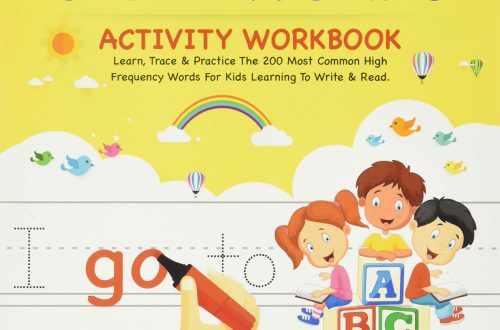How Early Childhood Education Can Shape a Child’s World
[ad_1]
It is no secret that education is the key to a successful feature. Parents clearly know this which is why selecting the right school with excellent grades is so important.
A child’s first impression of schooling and education can and will shape your child’s view on whether or not they enjoy learning.
It is strange to think that your child, who is learning and showing you their achievements on a daily basis, is scared of learning, or rather failing at school.
First impressions really do last a lifetime. If in early childhood, your child has had undo pressure applied to their learning, or tasted the bitterness of failing – or being told that they have failed – this leaves lasting impression on their young minds.
So what can we do to ensure that our children have a positive experience within the education system?
Consider the type of education you are enlisting your child into. Some parents do not always realise that there is a choice when it comes to education. And to clarify, I am not talking private versus state.
In certain areas of Europe (notably Switzerland) young children do not begin school until the age of seven. This is two years later than most schooling systems. The reasoning behind this is that children learn through play, this giving them an additional two years to “play”.
The children, who start their education later, on average, exceed those who began aged five when tested at the beginning of secondary schooling.
Research has shown that this actually hurts children (especially boys) to hold a pen or pencil in the “correct” way when aged below seven.
There is no surprise then that in recent years boys have been underachieving in written based subjects. It hurt them to write when they were younger, and as teenagers they still associate this pain with writing. This then turns them off of English, which is the one subject that will help them unlock the others.
Schools that begin a “formal” education at the tender age of five have begun to address these issues however. Before writing they now do warm up exercises to help relieve cramp. This is a step in the right direction.
When going through homework or if you have some educational material to go through at home, ensure you do so in short bursts. The human brain struggles to concentrate on any one thing for longer than twenty minutes at a time – and this is adults.
Make sure you only use positive praising words when helping them with their understanding and have in place a reward system like stickers and stamps.
[ad_2]
Source by Theresea Hughes



